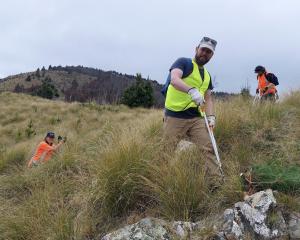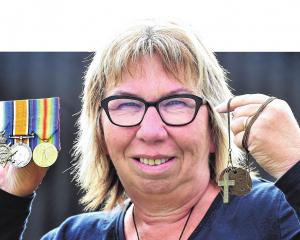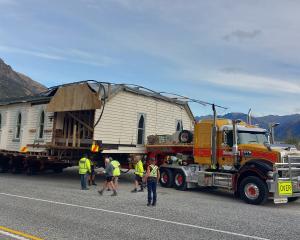Those involved in the water-metering industry are concerned at the lack of quality control around the installation of equipment in some areas.
A requirement to have meters and data loggers measuring water takes was becoming the norm around the country.
Otago Regional Council environmental services manager Martin King said the council already required, under new consents, a water meter or measuring device to be installed on each take, with many also requiring data loggers.
However, in its annual compliance audit the Otago Regional Council found several cases where water meters had not been installed correctly.
If having the devices became mandatory, about 1600 water meters would need to be installed in Otago alone, he said.
"It could kick off very fast, so we want to get on top of it now."
The council hoped the audit was a reminder to installers to ensure the meters were installed correctly and to let farmers know how to manage them.
Farmers also needed to seek advice before installing a meter and look at a community approach to the installations so there was commonality of systems within an area, Mr King said.
IQuest managing director David Richards said his Hamilton-based company supplied telemetry systems and data loggers, and relied on installers, often remote from the company, to put them in.
IQuest had developed close relationships with their installers and provided training for them, but the firm was aware of cases of incorrect installation.
"We're concerned anybody can do it. With the growth in the industry, some think we can do this and leap in without the grounding required."
Environment Canterbury's system, which required suppliers of equipment and installers to demonstrate their qualifications to gain authorisation, was a good model with an element of control in it, he said.
WaterForce monitoring spokesman Jared Halstead, of Christchurch, said installation was a big concern around the country because of new national standards coming in, especially the "10-to-five rule" regarding pipe diameters.
Breaking that rule affected the accuracy of a meter, which was a problem for councils and farmers, he said.
He urged farmers to contact their regional councils for advice on water meter installation before they hired anyone to install one.
"Installers need to know the rules and make sure any installation is future proofed."
Scott Technical Instruments Ltd managing director Roger Hardy, of Hamilton, said installation could be quite variable and regional councils needed to put resources towards enforcing the rules and monitoring the situation.
The new rules involved a "culture change" for the rural community and it would require efforts on both sides to make them work, he said.












